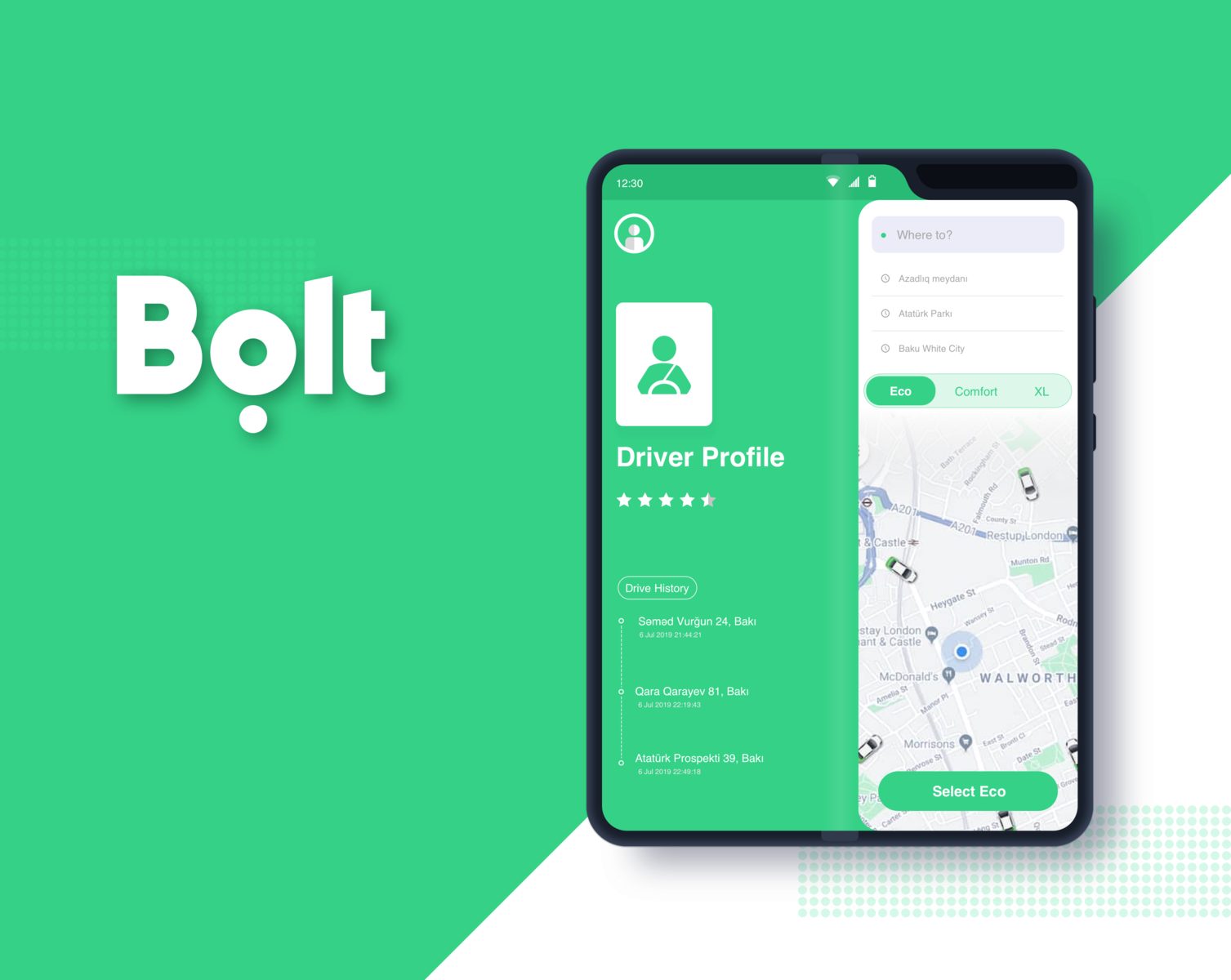
In a bold strategic move, the prominent ride-hailing and on-demand delivery giant recently declared the discontinuation of its Bolt Food service in South Africa on December 8, 2023, and in Nigeria on December 7, 2023. Despite witnessing an impressive 152% surge in turnover, amounting to €1.26 billion in the fiscal year 2022, the company has chosen to streamline its operations. Established a decade ago, Bolt has evolved into one of Estonia's nine unicorn companies, diversifying its offerings to include ride-hailing, e-scooter and car rentals, and a food delivery app.
The last fiscal year saw a noteworthy decrease in operational losses, with the company reporting a loss of €72 million, emphasizing the broader context of its financial performance. A substantial 80% of Bolt's 2022 revenue was attributed to its ride-hailing business, underscoring its primary strength in this sector. While European markets contributed 81% to the sales revenue, Africa, despite increased revenues, witnessed a dip in its overall share. The financials for 2022 reveal a strategic shift, with 80% of sales revenue derived from driving services, 10% from rentals, and 9% from food delivery.
Despite a commendable 11% reduction in operating losses, totaling €262.6 million, the company's decision to exit the food delivery market in South Africa and Nigeria underscores a deliberate focus on more lucrative segments. Bolt, having introduced Bolt Food in Lagos in October 2021, sought to tap into the thriving food delivery market, competing with the likes of Jumia Food and Gokada.
While the termination of the food delivery service in South Africa and Nigeria will impact both customers and couriers, Bolt is committed to ensuring a seamless transition for all parties involved. This strategic realignment highlights Bolt's dedication to excellence in its core services, as it continues to invest heavily in its remaining business areas in these regions. The company's resilience and commitment to providing top-notch services remain unwavering, marking a new chapter in its evolution within the dynamic landscape of on-demand services.